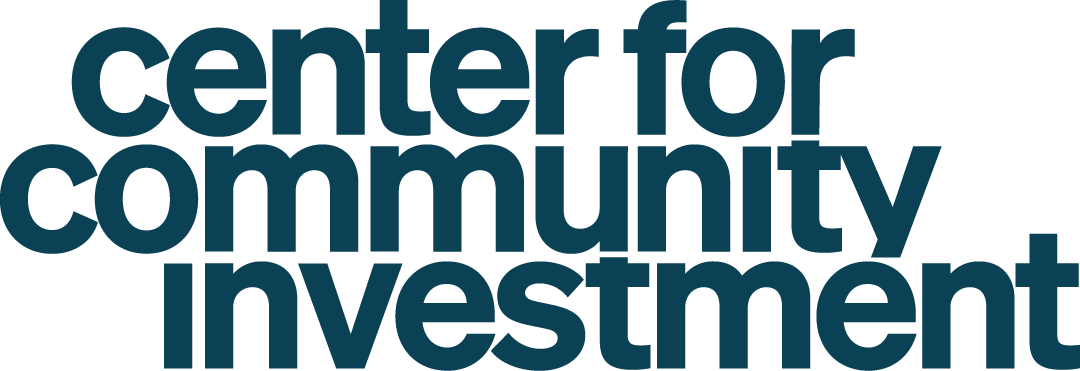Tell us a little bit about your background.
I’ve always been in the affordable housing and community development space. I got my master’s degree in Community Planning and my first job was at a community land trust in Cincinnati. I was immediately attracted to policy work on affordable housing. Asset building policy work began as I was working on creating the first regional and statewide Individual Development Account (IDA) programs in Atlanta and Michigan. A community development perspective informs how I approach all of my work.
Describe the community you work with. What challenge have you chosen to focus on during the fellowship?
I work in the McKnight Foundation’s Region & Communities program. We partner with low-income communities and communities of color across the Twin Cities region. We’re constantly exploring how to connect people and places that are overlooked by the market to economic opportunities that the region or state offer. We build or support grassroots efforts and connect economic development tools to create more livable places for people.
My challenge is focused on the use of guarantees to catalyze investment in the communities that we serve as a foundation. Impact investment aims to channel the endowment of the foundation into program-aligned investments. The challenge is that oftentimes conventional markets aren’t working in the places where we work, so investment opportunities can be difficult and require financial enhancements.
Tell us a little bit about what you’ve learned throughout the program. What has had the most impact on your professional and personal development?
I’ve benefited the most from learning how to distinguish between an adaptive strategy and a technical solution. I’m interested in rethinking how a foundation can leverage its endowment to align with its programs, and to learn more about how a wider range of resources can have a positive impact in some of the tougher markets we’re trying to support. This is a significant adaptive challenge because it requires board members, investment committee members, and program staff to think differently about the financial tools that will help align capital with program outcomes. The bulk of foundation work has been in grantmaking, but there is more power to be derived in how we use the endowment that can offer financial, programmatic, and learning returns. These are the comprehensive returns we consider for the Impact Investment program.
How has the fellowship changed your self-awareness?
I was exposed to some new self-assessments through the fellowship. For example, the 360 review shows you the perspectives of people who report to you, your peers, and your bosses. I’m interested in exploring the relationship between these self-assessment tools as well as my understanding of how race influences my own behaviors and plays out in our programmatic work. The fellowship has also given me a new appreciation and awareness for the areas I need to strengthen.
Share with us your experience implementing some of the concepts you have learned during the fellowship back at your organization. What have been some wins? Challenges?
The fellowship has encouraged me to put things in play quickly using adaptive models and make learning a priority so we’re capable of making quick adjustments. When I first contemplated what the next year would look like, the plan was to do some research, develop a case statement for why we should use guarantees, present it, and then implement. Early on, we realized we actually had an opportunity to implement a guarantee sooner than we thought. Thanks to the foundation’s investment team we were able to move quickly and approve a guarantee and framework for use of guarantees at the foundation. We’ve moved forward quickly. We now have an active guarantee, a mechanism to learn from it, and a way to act on what we learn during implementation.
How has your systems orientation changed as a result of Fulcrum Fellows? How does this show up in your work?
The McKnight Foundation already has a very systems-oriented approach, so it’s not foreign to us to think that way. That’s where we want to have an impact. Using some of the tools from the fellowship will help me move from intuitive responses toward use of methods and tools that focus on systems change. That’ll enable me to break down the systems we hope to influence and put in place a series of actions to influence and shape change.
What most excites you looking ahead to the rest of the year?
I’m excited about learning from the other fellows. I’m looking forward to seeing how they get at the root causes of various problems and begin to create solutions. By observing their conclusions and solutions I can challenge my own assumptions and adapt appropriately to my own communities’ circumstances. The fellowship is such a rich learning environment.
